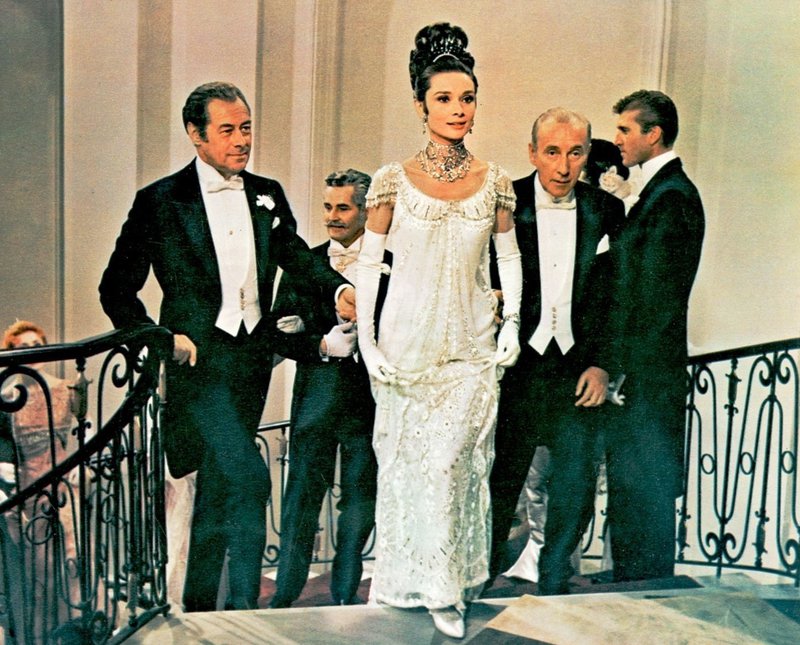THE LAST WORD
From 'guttersnipe' to lady
Like all great films, My Fair Lady makes a genuine attempt at getting to the bottom of the human condition
My 11-year old son was genuinely at a loss when I suggested watching the “girl's film”, My Fair Lady. Almost three hours later, however, he was still there on the sofa, mouth slightly open, absorbing the reconciliation between Eliza and Professor Higgins. Then came the questions. It was a while before I had sated his curiosity, and I was left with a greater appreciation (already considerable) for this musical extravaganza supposedly of no interest to “real men”.
As our article on page 44 points out, the Oscar-winning movie starring Rex Harrison and Audrey Hepburn is celebrating its 50th anniversary this year and, as a carefully crafted spectacle (under the artistic direction of the great Cecil Beaton), it more than holds up half a century later. Yet, on this second viewing for me, it was not the film's aesthetic brilliance that caught my attention, nor its clever quips or (mostly) seamless transitions into song that impressed, it was the film's ideas that got me thinking.
It should be no surprise that a film based on a stage play (Pygmalion) by George Bernard Shaw should explore human society and its implications so profoundly, but you hardly expect such philosophising from a piece almost exclusively prized for its exuberant costumes and lavish sets. Yet, like all great films, My Fair Lady makes a genuine attempt at getting to the bottom of the human condition.
From the off there are questions about the sense of entitlement exhibited by the arrogant Higgins, from the comfort and privilege he enjoys as the son of a rich family. Even his housekeeper challenges her employer's right to do as he wishes with the impoverished, and therefore vulnerable, Eliza. It is an issue that the story does not shy away from, as we see from the willingness of Eliza's father to “sell” his daughter to Higgins for five pounds, and it something that is brought to a head at the end when Higgins congratulates himself for his achievement, as if Eliza were a recalcitrant dog he had trained to jump through hoops.
Yet Higgins is defiant to the end, arguing that his treatment of the young woman was honest, open and appropriate, and that if his gentleman companion talks to Eliza, a poor flower seller, as if she were a duchess, Higgins addresses duchesses as if they were flower sellers. However, it is clear to the audience that the professor misses an open goal. His rational world view fails to take into account the individual's private needs – not least his own – illogical though they may be.
Also to be expected from a film based on Shaw's pro-Socialist work, the issue of class is a major theme. The light-hearted ambience of working class London contrasts sharply with the stiff atmosphere among the rich at Ascot, which bores young Freddy to tears and who becomes Eliza's devoted admirer when he is exposed to her simple and honest “vulgarity”.
Yet, for me, the film goes beyond the call of duty in its fearless treatment of weighty social themes. Near the end, Eliza, now a proper lady, and desperately unhappy, goes home to her impoverished corner of the city only to find that no one recognises her. She bumps into her roguish father who tells her of his “misfortune”. The man willing to sell his daughter for a fiver, who was so irrepressibly happy living off hand-outs, has come into money. Apart from observing that wealth and class are essentially unrelated, Eliza's father bemoans the irony that having cash has robbed him of his personal freedom (“I'm getting married in the morning...”).
Individual freedom, class strife, sexism, inequality, the limits of conformity, tradition versus modernity, poverty and social mobility are all issues dealt with expertly by a film that has some of the most gorgeous costumes and sets you are ever likely to see.


